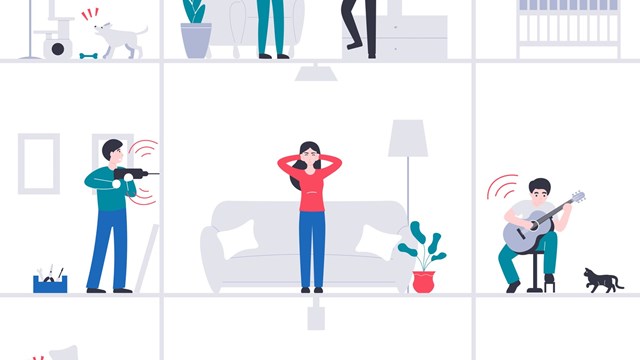—Concerned Senior
“Retirees on fixed incomes have concerns about cost of living increases, to be sure, but you also have a distinct advantage over those of us still in the work force; you own more of the precious commodity of time. You have time to serve on the board of directors once elected, but, more importantly, you have the time to solicit votes to get elected to the board in the first place. Once elected, you can then determine the kinds of capital improvements your co-op makes, and the amount of maintenance paid by shareholders.
“Though the overwhelming portion of maintenance fees are fixed, there are a few creative ways boards can work to try to normalize maintenance costs. For example, governmental incentives, such as the New York State Energy Research and Development Authority (NYSERDA) program relating to energy, can significantly assist a coop in lowering its energy costs. This may, in turn help to cap maintenance increases, as many coops have recently faced double-digit maintenance increases due mostly to the higher cost of oil. The NYSERDA program provides not only low costs loans but valuable cash incentives in exchange for increasing energy efficiency and making your building more ‘green.’
“Finally, if you are really in a bind, and do not care to run for the board of directors, you could consider taking out a reverse mortgage with a lender to help you meet your monthly maintenance costs.”







9 Comments
Leave a Comment